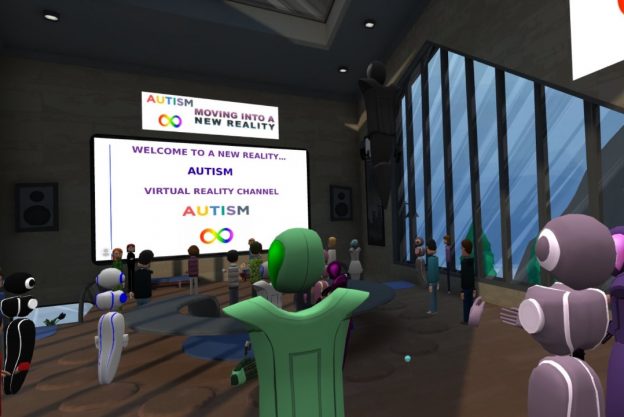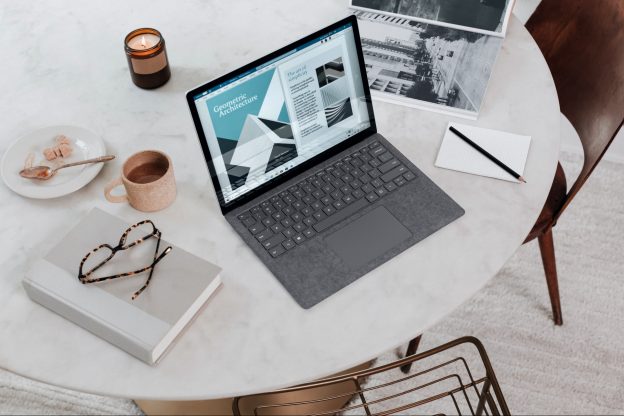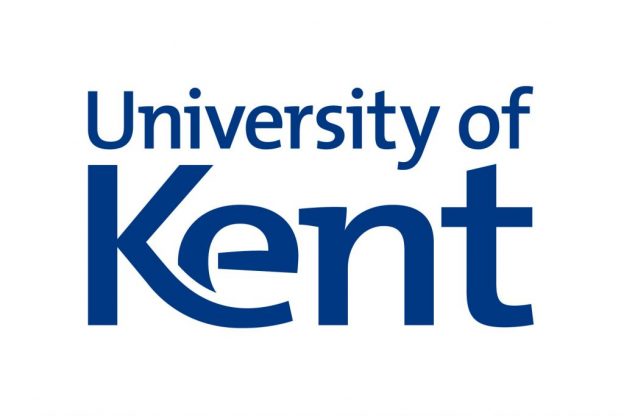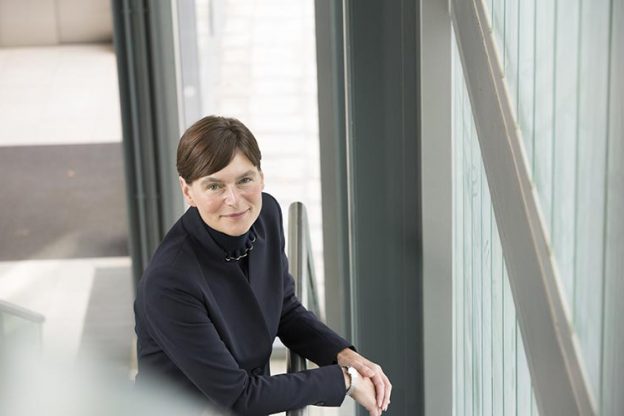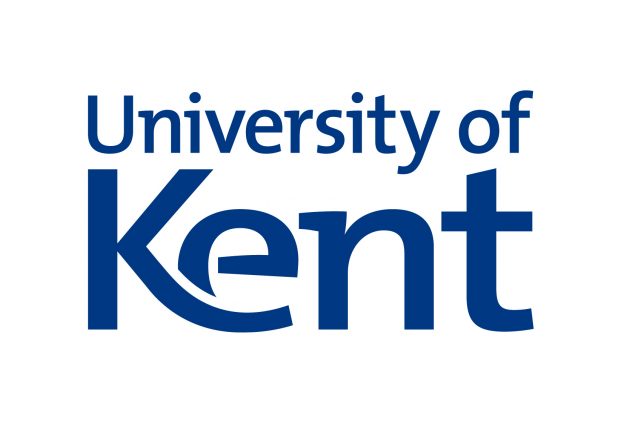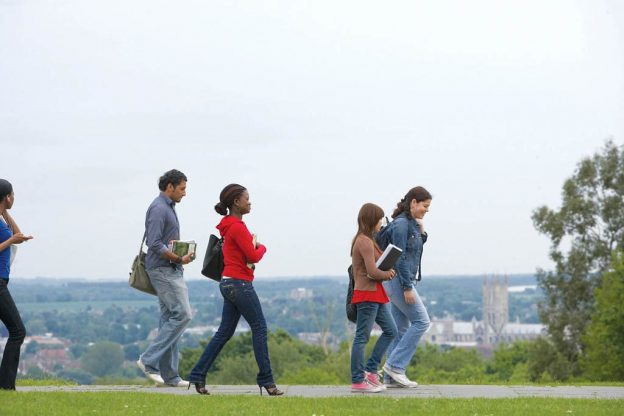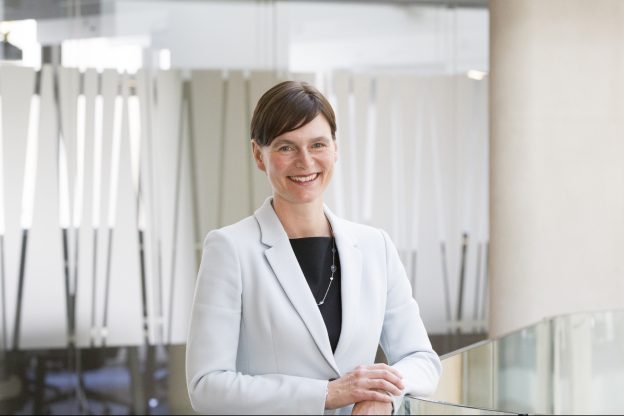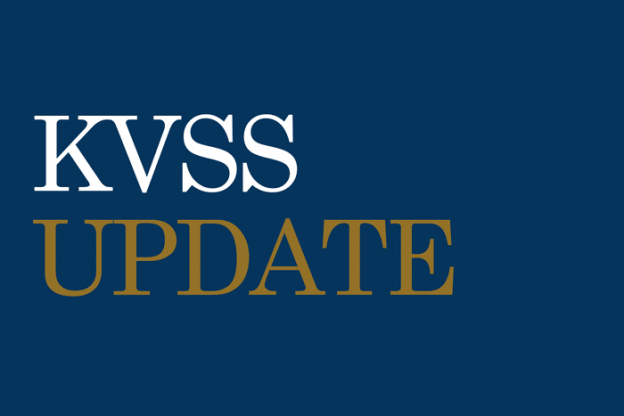The “Think Kent Discovers series”, which started in May is a series of nine cutting edge research documentaries produced by the University of Kent in association with KMTV.
Each event starts with the screening of a research documentary followed by a live panel discussion on the topic and is live streamed via Research Services ‘YouTube channel and the university’s facebook page.
All events are FREE to watch and to book your place, please visit EventBrite.
Here are the rest of the events coming up:
Thursday 11 June at 19.00: “La Cristiada – A Civil War”
Dr Mark Lawrence, from the School of History, explores Mexico’s bloodiest civil wars.
Panel members:
– Dr Mark Lawrence, Lecturer in Latin American History at the University of Kent
– Dr Nathaniel Morris, Leverhulme Research Fellow at University College London
– Dr Ben Fallaw, Professor of Latin American History at Colby College in USA (Maine)
Thursday 18 June (time tbc): “Virus to Vaccine”
Professor Colin Robinson and Dr Alison Walters (School of Biosciences) are leading a British-Thai consortium in mass producing a vaccine to tackle Porcine Circovirus disease.
Thursday 25 June at 19.00: “Counting Butterflies”
The film explores the research carried out by Professor Morgan and former student Dr Emily Dennis, who have developed advanced mathematical models which are now being used to map and manage butterfly populations in the UK and abroad.
Panel members:
– Professor Byron Morgan, Emeritus Professor of Statistics at the University of Kent
– Dr Emily Dennis, Senior Ecological Statistician at the Butterfly Conservation Trust
– Ian Middlebrook, Butterfly Monitoring Coordinator at the Butterfly Conservation Trust
Week commencing 29 June: “The Mohawk of Consciousness” (details to be confirmed)
This film charts the investigation into brain injury and whether analysing brain activity can reveal the true level of consciousness in patients believed to be in a vegetative state.
Week commencing 6 July: “Catching Cancer: Rapid Diagnosis” (details to be confirmed)
Can you detect Acute Myeloid Leukemia (AML) not with a traditional blood test but with a kit which gives an immediate indication from a simple pin-prick?
Week commencing 13 July: “The Science of Making Babies” (details to be confirmed)
In July 1978, the world’s first test-tube baby, Louise Brown, was born in Oldham to her parents, Lesley and John. It’s now estimated 1 in 50 babies born in Britain today are the result of IVF or similar methods that allow an egg to be fertilised.
